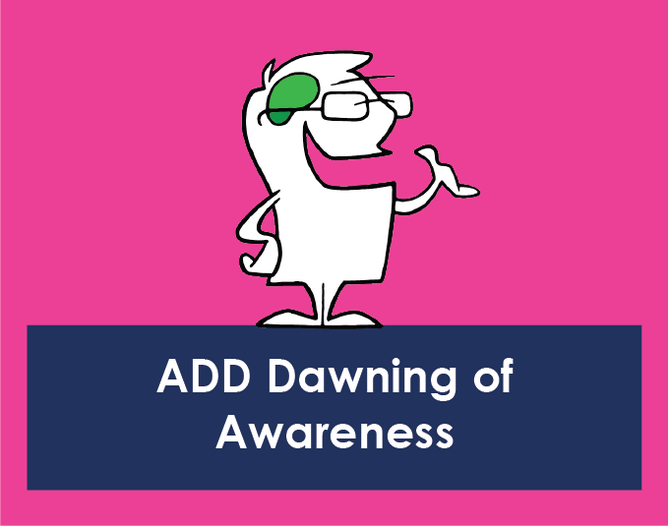Even as a psychologist by training, it only recently dawned on me that how I lived my life might be related to my own neurodiverse brain wiring!
Looking back it now all seems so obvious, but it certainly wasn’t at the time.
I used to hyperfocus on the things at school I enjoyed, and avoided at all costs the things I didn’t.
I was told by two teachers that ‘he has the capability to do Geography and History, but shows no motivation to do so!’
And although I loved biology, I learnt all the wrong things, as the syllabus was not what I was interested in.
Even the topics I enjoyed were usually completed at the last minute before they were due.
Moving on to work,
I found I was
easily bored by repetitive daily tasks,
and shied away from anything to do with paperwork wherever possible.
As a result I moved into consultancy and private practice, where I never had less than five different jobs, every hour of the day was different, and I could hand over administration to others.
"I am now aware my ADD brain has allowed me to develop an amazing life"
I thought it was usual for people to lose things whenever they went away, or forget to take important things in the first place.
I also thought it was normal to have a high sense of morality and consideration of others, often at a personal cost, saying yes when I needed to say no.
But these are all the challenges I have faced.
I am now also aware that my ADD brain has allowed me to develop an amazing life.
One of novelty, creativity, sensitivity and ability to contain the intense feelings of others, calmness under (certain) pressures, and able to thrive in barely organised chaos!
After focusing my work on supporting Neurodiverse brains,
and supervising those who did the same, only about a year ago I mentioned to one of my supervisees that I thought I had strong ADD (Attention Deficit Disorder) traits.
Her response was ‘But I thought you already knew!’.
The traditional medical model of ADHD (Attention Deficit Hyperactive Disorder) of the inattentive type suggests this is a disability that needs to fixed.
Whilst I, like most other people on this planet, have challenges I have to manage, I do not feel broken, only privileged to have an ADD brain (which I feel is very different to ADHD) that allows me to live the life that I do, and have been able to give back to so many others.

